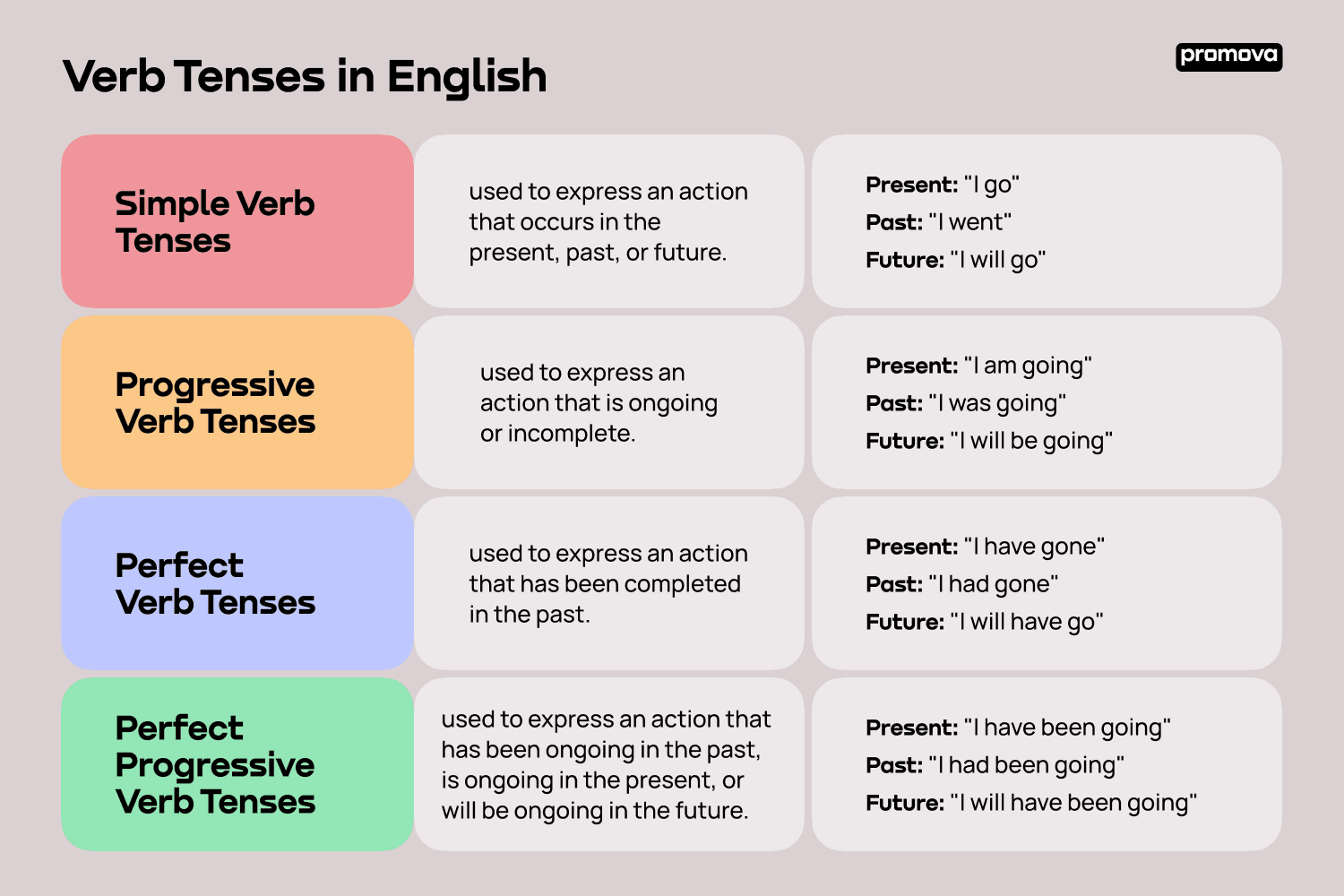Verbs are an essential part of any sentence as they express actions or states of being. Without verbs, a sentence would lack the necessary action or meaning. Tenses, on the other hand, indicate the time at which an action takes place – whether it is happening now, in the past, or will happen in the future.
Verbs can be classified into various categories, such as action verbs, linking verbs, and helping verbs. Action verbs show physical or mental action, linking verbs connect the subject to a subject complement, and helping verbs assist the main verb in a sentence. Tenses, on the other hand, indicate when the action of the verb is taking place – past, present, or future.
There are various tenses in English, including present, past, and future tenses. Each tense is further divided into simple, continuous, perfect, and perfect continuous forms. For example, in the present tense, you have sentences like “I eat,” “I am eating,” “I have eaten,” and “I have been eating.” These different forms of the present tense indicate different aspects of time and duration of the action.
It is important to use the correct tense when constructing a sentence to convey the intended meaning accurately. Using the wrong tense can lead to confusion or miscommunication. For example, saying “I go to the store yesterday” instead of “I went to the store yesterday” changes the meaning of the sentence entirely.
Verbs and tenses play a crucial role in storytelling and writing. They help to create a sense of time and sequence in a narrative, allowing the reader to follow the events as they unfold. By using a variety of tenses and verb forms, writers can convey different moods, tones, and perspectives in their writing.
In conclusion, verbs and tenses are fundamental elements of language that help to give meaning and structure to sentences. By understanding how verbs function and the different tenses available, you can improve your communication skills and convey your thoughts more effectively. So next time you construct a sentence, pay attention to the verbs and tenses you use to ensure clear and precise communication.
